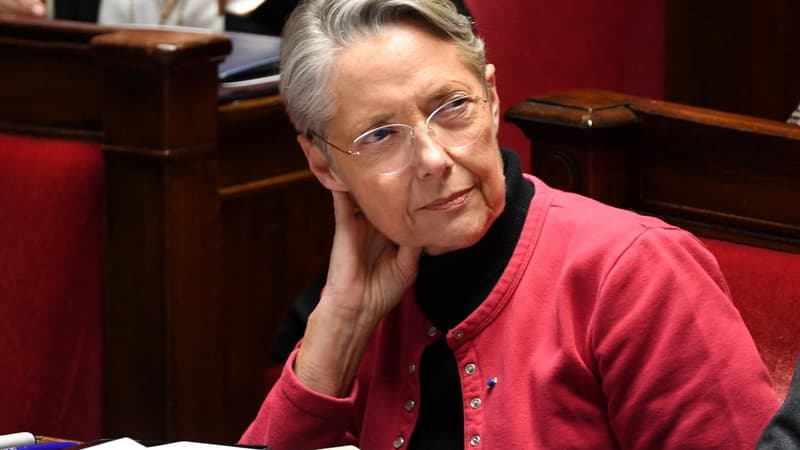“With this reform, there will be no losers.” The little phrase from the Minister of Labor Olivier Dussopt did not go unnoticed. Invited this Monday to the set of C à vous de France 5, Prime Minister Elisabeth Borne did not really deny her government minister but clearly recognized that the reform would require the effort of a certain number of French people.
Asked about a specific case, the Prime Minister, on the other hand, perhaps went a little further in the benefits and counterparts of her reform.
Employed in tourism, Pascal, 60, indicates in the program that he started working at 16 and that is why he benefited from the long-career system. He today he can retire at 60. What the reform will not change as shown in the following table.
On the other hand, the sexagenarian raises the question of the premium. Rather than retire this year as the law allows, he chose to stay on the job for two more years.
Therefore, he would be a loser from the reform since his pension will be less than what he expected with the deferral of the surcharge.
This last statement seems to be in contradiction with the reform presented by Elisabeth Borne herself.
Introduced in 2004 to reinforce the economic incentives for raising the retirement age, the premium grants a bonus to older people who decide to continue their activity beyond the legal retirement age and who have validated all their quarters.
Each new quarter completed beyond the legal age (set today at 62 years) thus inflates the pension that the future retiree will receive by 1.25%, that is, 5% for one more year and this until the age of 67 years, which is the age at which you retire. discounts and premiums end. So, by working 5 more years, an employee can expect to receive a 25% higher pension upon retirement.
However, this premium depends on the legal age of departure. The rights are only activated once the age of 62 (today) and 64 (tomorrow if the reform is enacted) is exceeded.
Let’s go back to Pascual. As a beneficiary of the “long career” scheme, you can therefore effectively retire at age 60 and benefit from the full rate if you have your contribution quarters.
On the other hand, if you decide to continue with your activity, your added years will not entitle you to a premium before you are 64 years old. He will therefore have to wait at least another four and a quarter years to aspire to benefit from a pension revalued by 1.25%, five years to have 5%, six years to have 10% and seven years to have 15%. , that is, two more years in each case.
If he decides to retire at age 62 or 63, Pascal will have worked two to three years over the legal age without financial benefit.
Source: BFM TV


